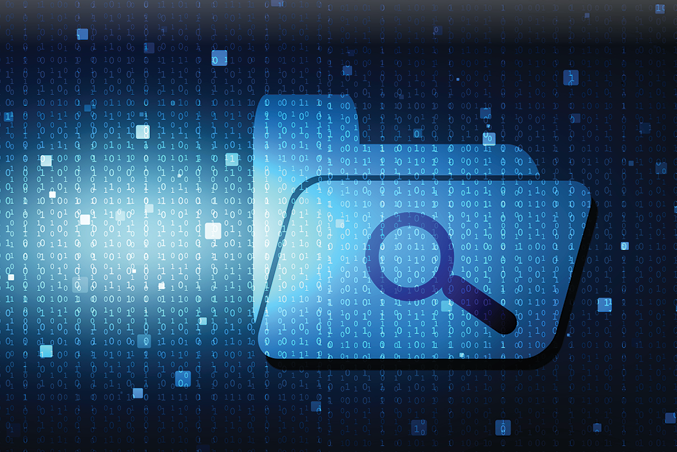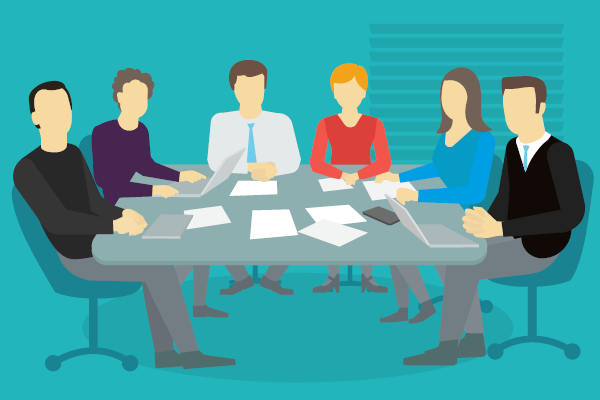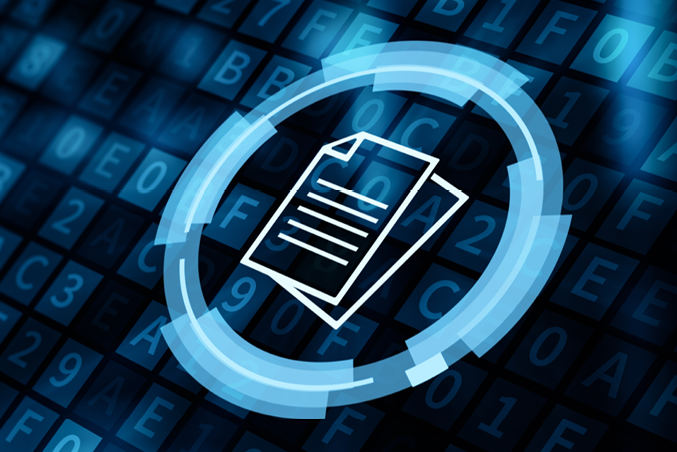It has been another busy month for the policy team, from responding to consultations and meeting with NBN Co over the launch of the Low-Income Forum to holding our last IAA Public Policy Advisory Panel meeting for the year – while 2022 may be coming to a close, there’s still lots of work being done on the public policy front. Make sure to read our articles for more information on the work we’ve been doing this month. As always, if you would like to discuss any of the below reforms or if there are any other policy areas/issues of concern, please feel free to shoot us an email.
Completed Submissions
Variation of the Telecommunications Numbering Plan 2015 | ACMA
We didn’t see any substantive issues arising from ACMA’s proposal to vary the Telco Numbering Plan. However, if these variations are effected, this may mean some changes for the industry and your business, such as an obligation for donor CSPs to check the registration status of other CSPs to which they have assigned numbers. As such, we primarily advocated for ACMA to ensure efficient and reliable notification mechanisms and to conduct an awareness campaign to ensure CSPs are aware of any new obligations or systems. The Numbering Plan is set to sunset in 2025 and so we anticipate there will be further reforms in the future.
Privacy Legislation Amendment (Enforcement and Other Measures) Bill 2022 | Attorney General’s Department
In our response to this fast-tracked legislation, we raised our concerns about the government’s focus in the wake of the recent major data breaches in Australia. While IAA acknowledges the importance of having adequate laws to ensure a strong security posture, we are concerned about the efficacy of the Bill. The Bill, which was further reviewed by the Senate Committee on Legal and Constitutional Affairs at a public hearing on 17 November, is primarily focused on increasing penalties for serious and/or repeated breaches of the privacy regime. However, this suggests that many companies are wilfully negligent about their privacy obligations. We argued that companies, particularly smaller businesses, struggle with the complexity of regulation and the lack of sufficient training and resources provided. Meanwhile, the sophistication and frequency of attacks only increases. We emphasised that the more pressing issues that require government attention are clarifying different regimes that mandate how much data companies should collect and retain, and provide support, particularly to small businesses, to ensure improved security and privacy practices. As the Privacy Act is still undergoing review by the AG Department with the Government report expected by the end of the year, IAA will continue to be involved in ensuring the development of an effective and practical privacy regime in Australia.
Open Submissions
WBA5 – First Consultation Paper on Implementing a Varied SAU | NBN Co | 6 December 2022
The NBN Co has issued its first consultation paper detailing some of the prioritised changes that will be implemented by the varied SAU. If you have any comments on these changes you would like us to include in our submission, please contact us.
Utilisation-based billing: NBN will change the TC4 Billing Model from ‘provisioned’ CVC to ‘utilised’ for TC-4 Bundling so that RSPs no longer have to actively forecast and manage CVC provisioning and will only be charged for what is utilised.
CVC inclusions adjustment: defined rules for bi-annual adjustments to CVC inclusions reflecting actual changes in end-user download usage over time for TC4 Bundled Offers.
Voice-only bundling offering: new voice-only $12/month at 12/1Mbps speed tier. Different prices applying to voice online and broadband will be based on a threshold data test.
Overbooking of CVC TC4 on NNI: NBN Co will allow RSPs to order aggregate CVC TC4 capacity in excess of NNI capacity.
Overage waiver: during the transition between bundled TC4 to flat rate offers, the overage waiver will be modified by changing the waiver threshold.
Superfast Broadband Access Service Final Access Determination Inquiry | ACCC | 9 December 202
The ACCC has released its draft decision on the SBAS Determination. The new measures proposed include regulation of access prices at the 50/20 Mbps speed tier, and charges for customer connections, transfers and appointments. There are also new requirements purported to improve the transparency of SBAS network performance and reliability.




